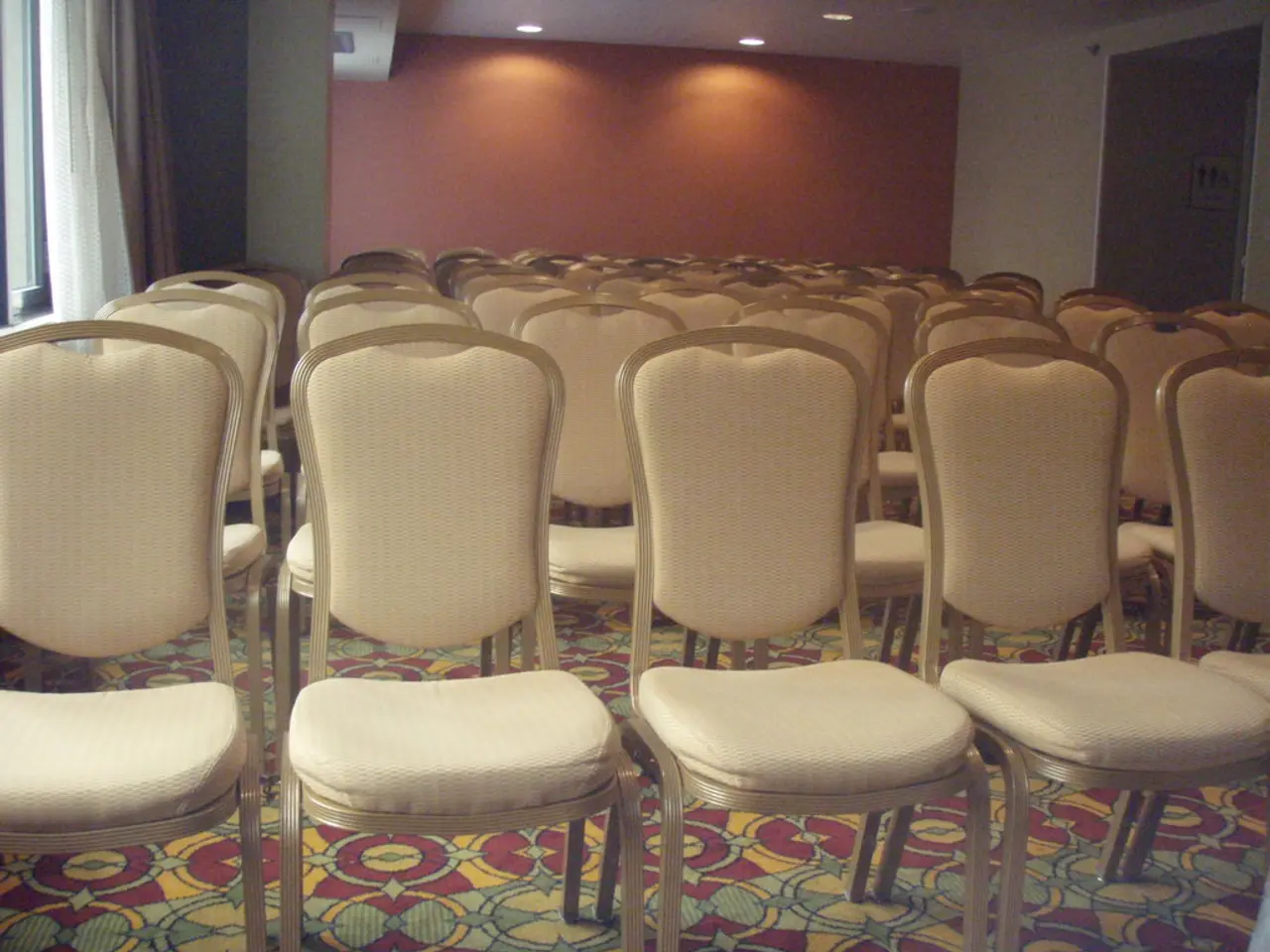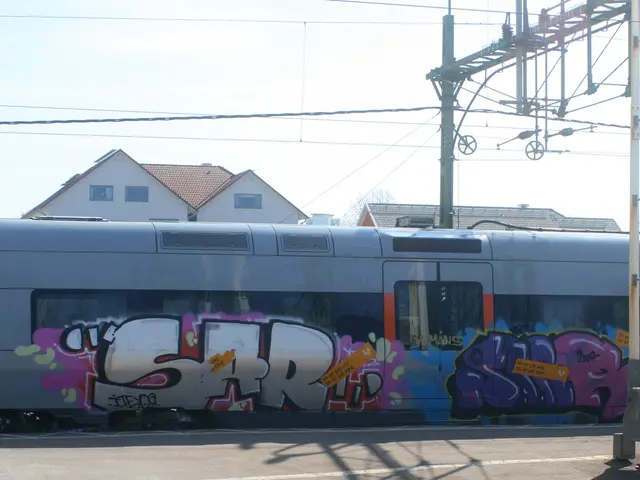Asylum Law: State Relieves Municipalities of Accommodation Burden - North Rhine-Westphalia revives asylum law to ease municipal burdens until 2030
North Rhine-Westphalia has reinstated a law to ease the burden on municipalities housing asylum seekers. The measure, set to last until 2030, includes exemptions for vulnerable groups and extends stay for those with poor prospects. The AfD's attempt to amend the law was unsuccessful.
Ministerin Ina-Marie Paul, responsible for refugee affairs, announced that the law aligns with federal asylum regulations and supports municipalities. It revives a previous regulation with clearer protections for vulnerable groups, such as refugees with minor children, pregnant women, people with disabilities, those with severe mental illnesses, and the elderly.
The law also extends the stay in state facilities for up to 24 months for asylum applicants whose claims are deemed clearly unfounded or already ruled inadmissible. This measure aims to relieve municipalities of accommodation burdens and provide support.
The SPD criticized the move as 'symbolic politics without sustainable relief', warning of potential psychological strain and integration issues. Despite this, the law is set to remain in effect until the end of 2030, providing a structured approach to housing asylum seekers in North Rhine-Westphalia.
Read also:
- American teenagers taking up farming roles previously filled by immigrants, a concept revisited from 1965's labor market shift.
- Weekly affairs in the German Federal Parliament (Bundestag)
- Landslide claims seven lives, injures six individuals while they work to restore a water channel in the northern region of Pakistan
- Escalating conflict in Sudan has prompted the United Nations to announce a critical gender crisis, highlighting the disproportionate impact of the ongoing violence on women and girls.






